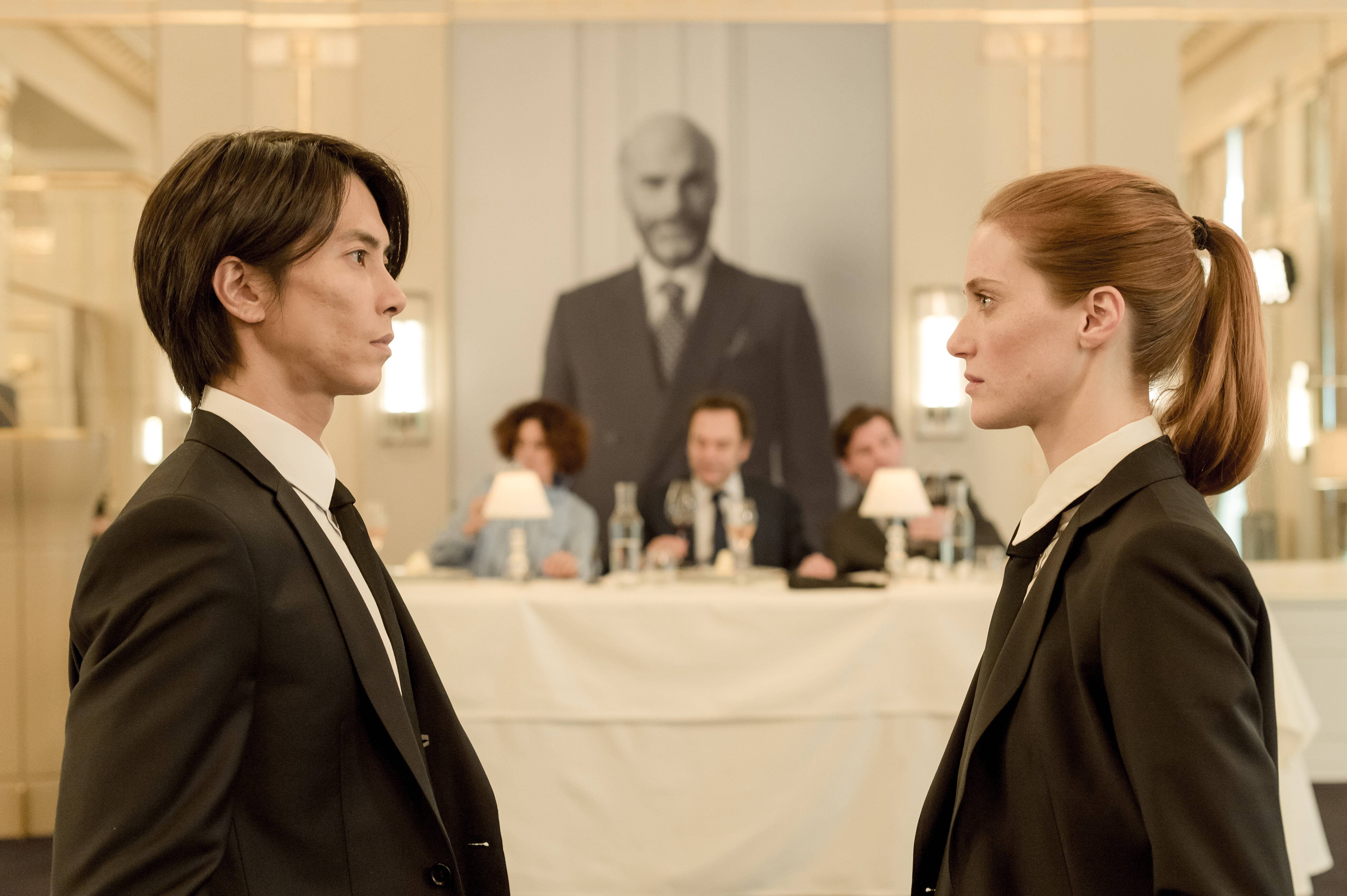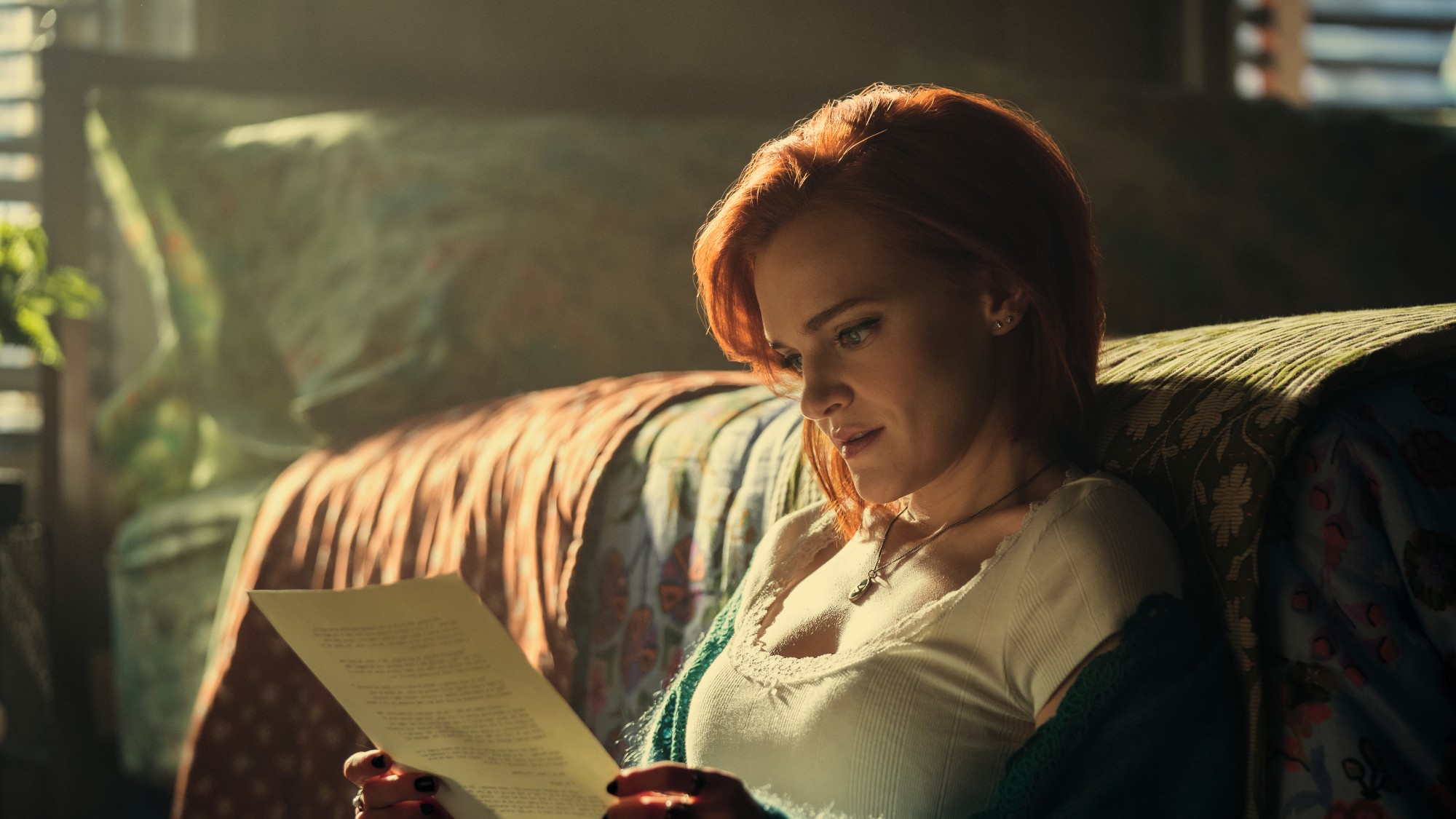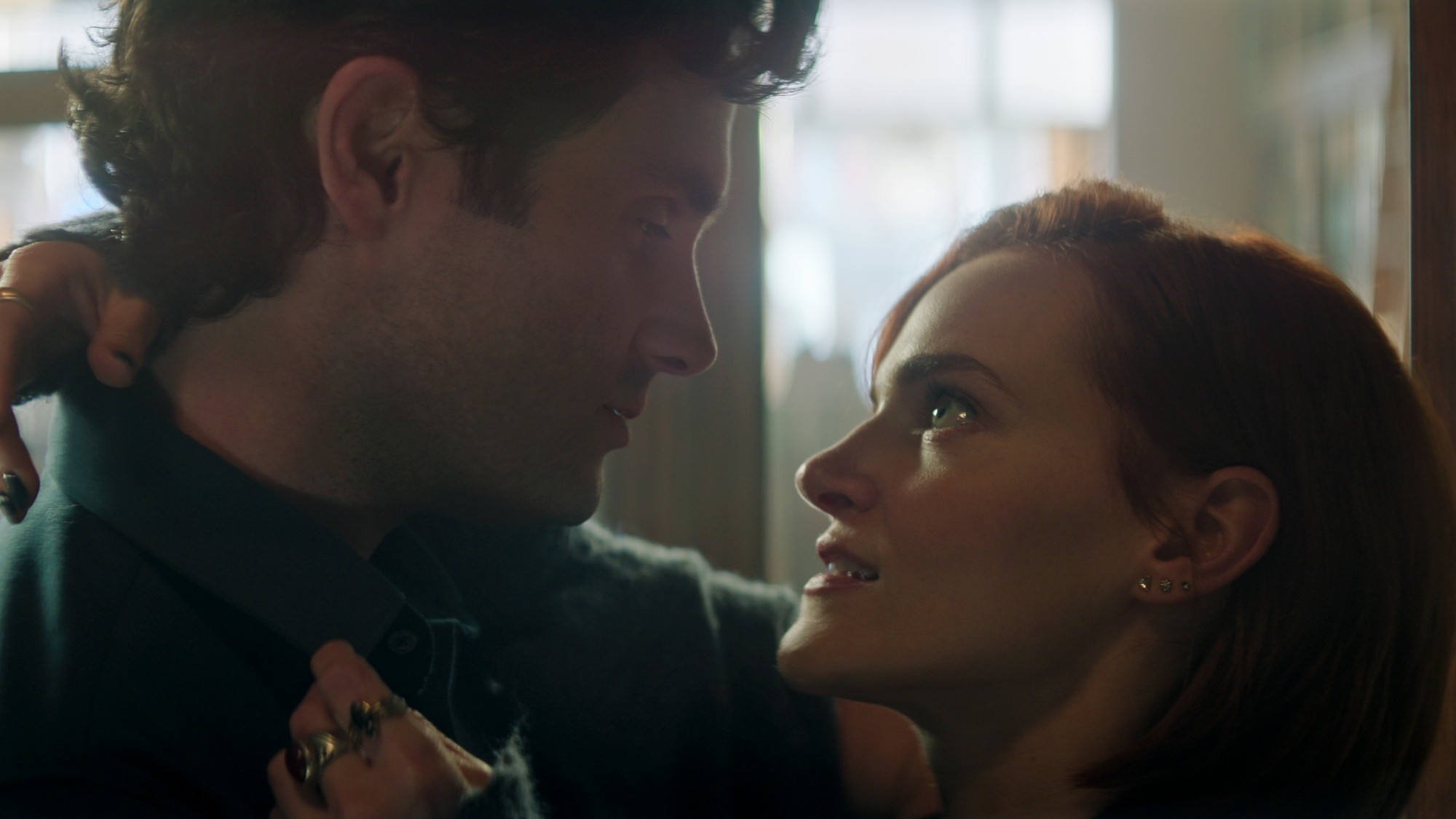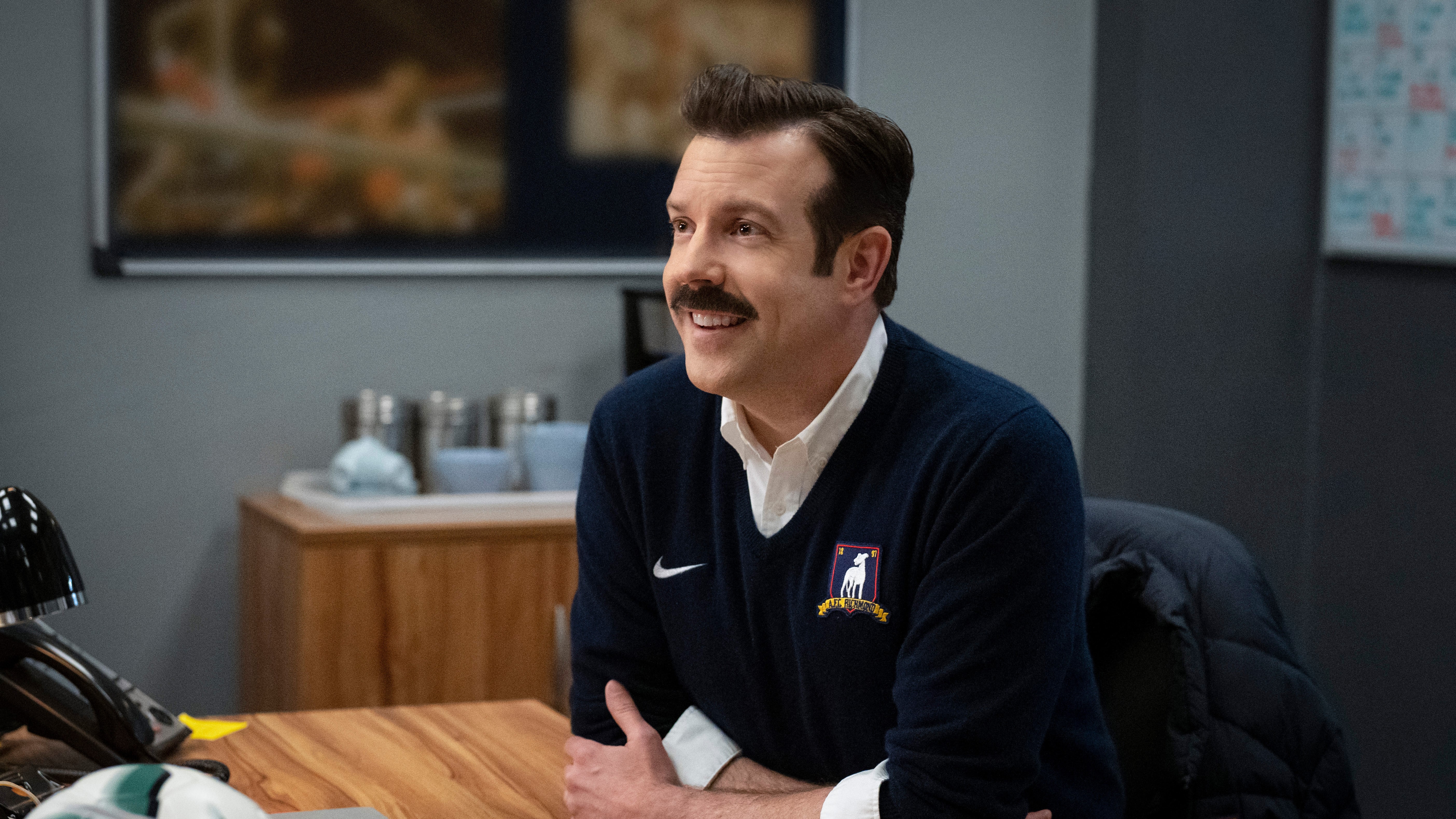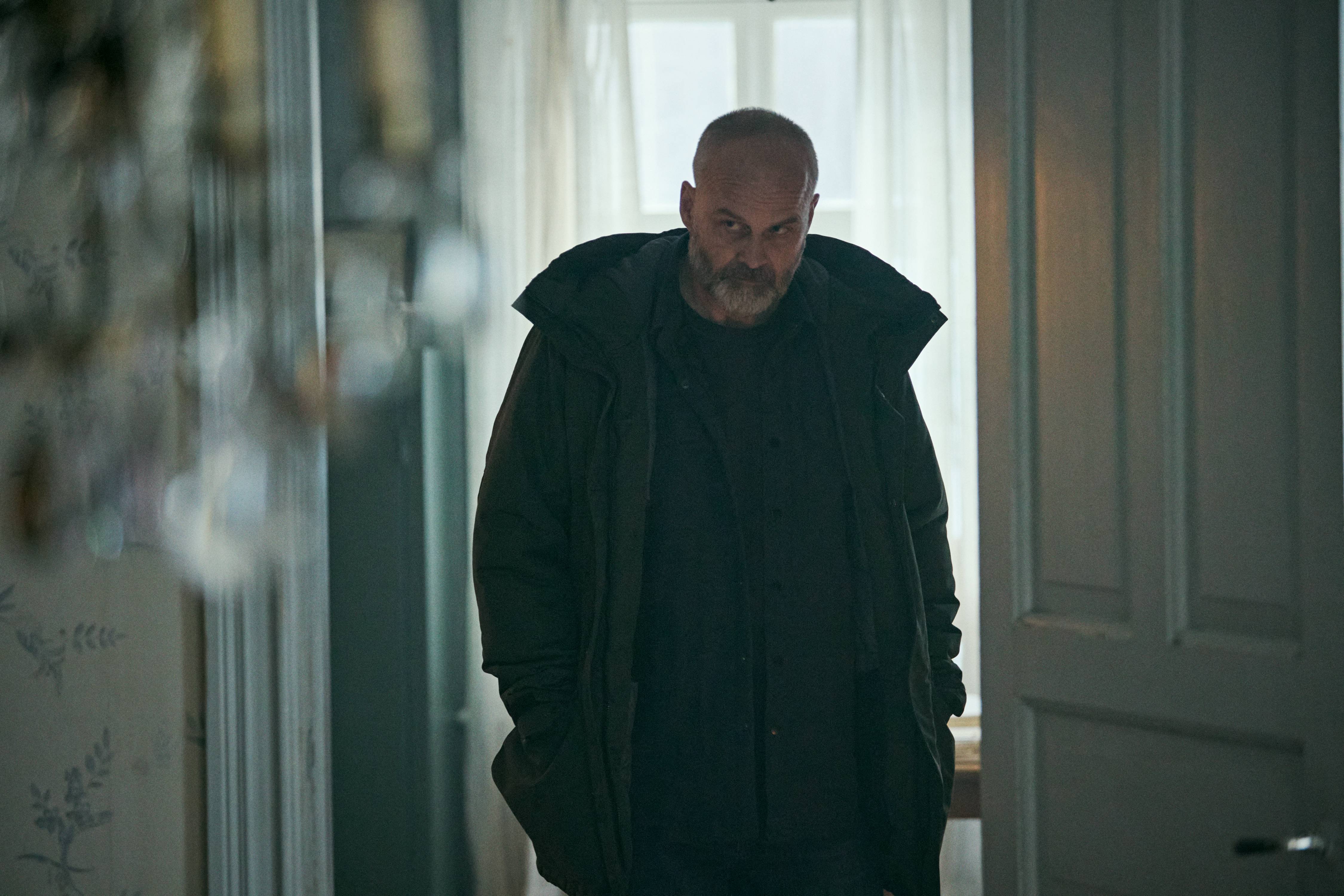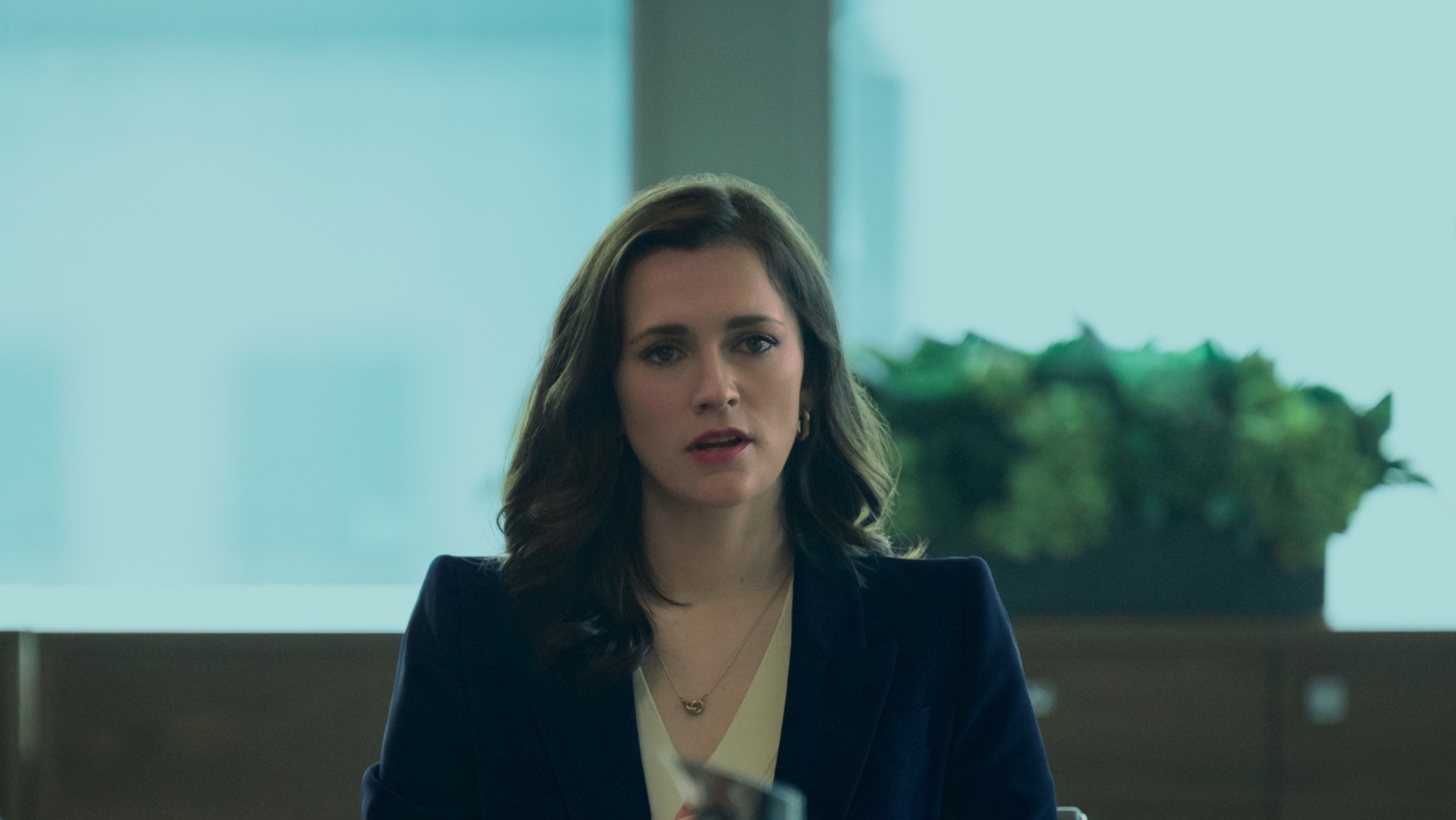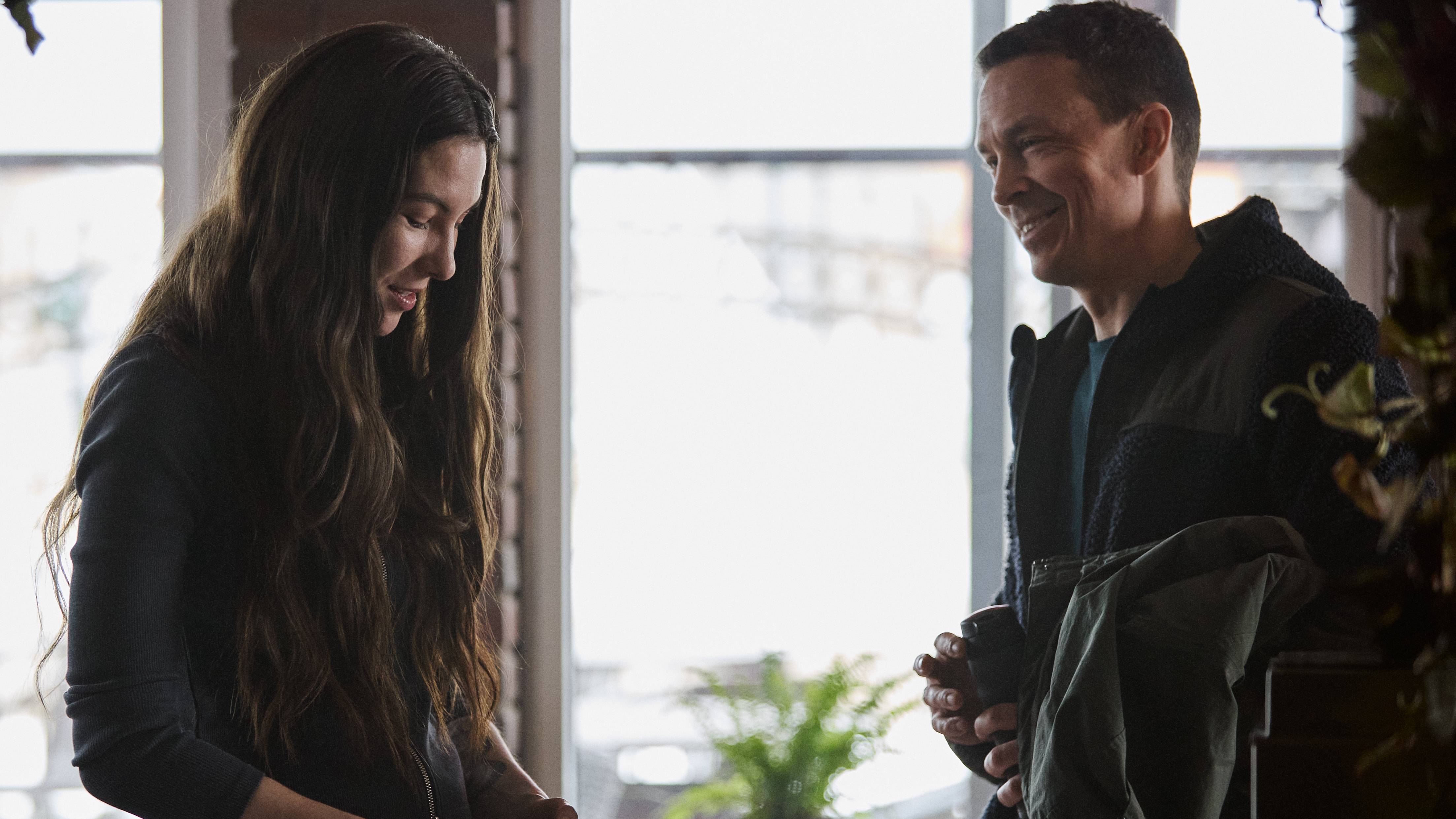How Ang Lee's ‘Crouching Tiger, Hidden Dragon’ kicked down cultural boundaries
With 'Crouching Tiger, Hidden Dragon,' Ang Lee combined a perfect balance of Eastern and Western sensibilities into one action-packed spectacle.
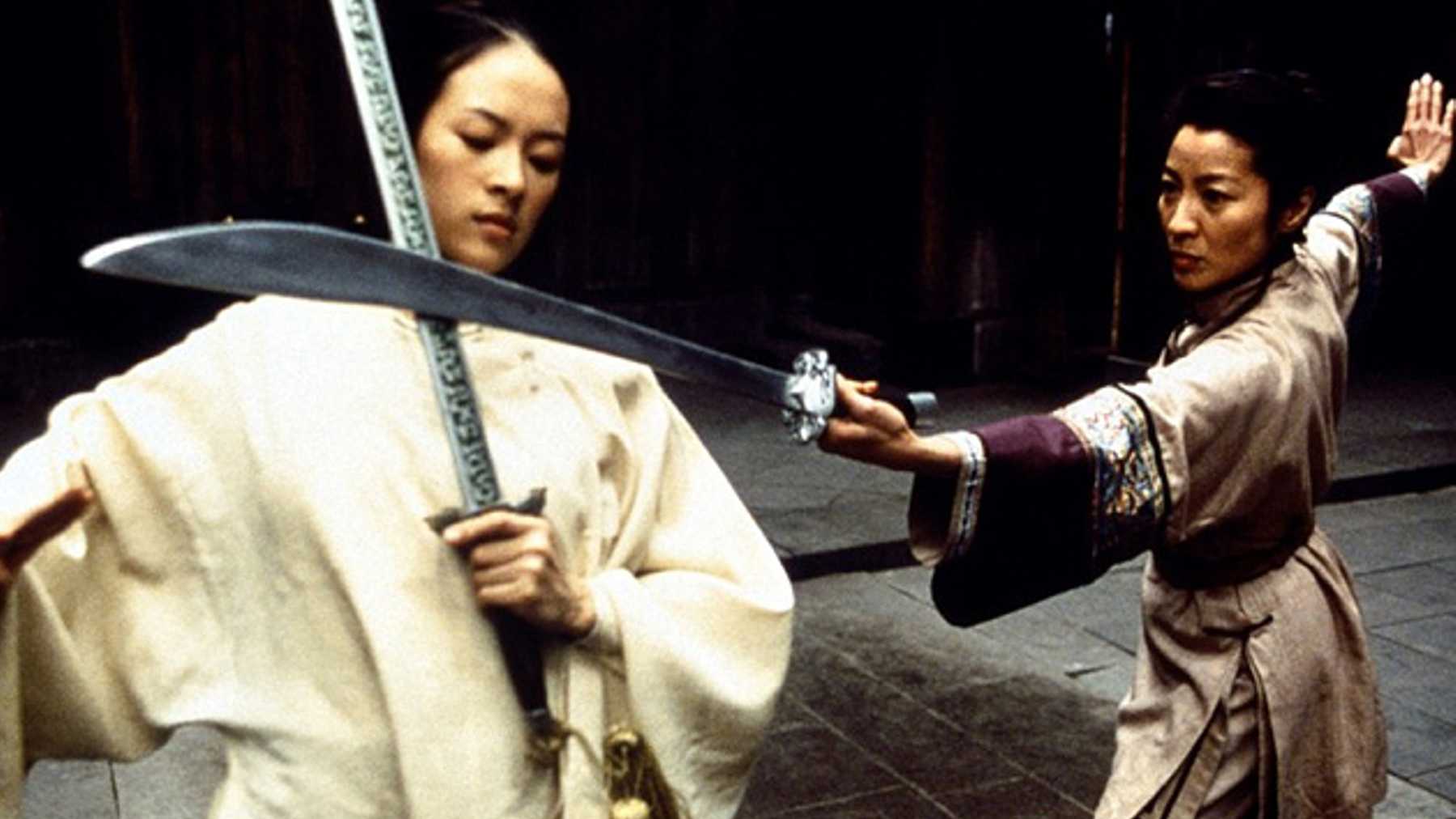
Crouching Tiger, Hidden Dragon may or may not be the best martial arts movie of all time, but it’s almost certainly the most historically significant. Ang Lee’s seventh film won the Academy Award for Best Foreign Language Film in 2001, the first of its kind to do so, after becoming a blockbuster on an international scale with more than $200 million in receipts, then unheard of for a subtitled, non-English language film. Twenty years after it first opened, the film arrives home on Dec. 1 in a 4K UHD release that captures its stunning cinematography. But what keeps the film not just relevant but deeply resonant today is not the novelty of its action-packed but elegant story, projected on an unprecedented platform, but Ang Lee’s sure hand — even as a first-time action director — as he weaves a tapestry equally comprised of Eastern and Western values to capture both the genre’s visceral thrills and explore its deeper emotional and philosophical underpinnings.
For many Americans, “kung fu cinema” was not new by the year 2000; even if you didn’t know Bruce Lee’s 1960s and ‘70s work by chapter and verse, there were decades of films to watch — and had likely been broadcast on weekend afternoons by local television affiliates. But even if you’d spent countless hours absorbing Shaw Brothers film throughout previous decades, the term “wuxia” may not have been immediately familiar to you, a special category literally meaning “martial heroes” but in execution referred to action films set in ancient China and frequently using complex wire work to accomplish gymnastic feats required by the actors. Where Jackie Chan was more of an acrobat and trained performer, contemporaries like Donnie Yen and Jet Li were practicing and even competitive martial artists who ventured into acting, and they advanced wuxia’s popularity into the 1990s with films more complexly choreographed and technologically advanced than their groundbreaking predecessors.
Unfortunately, too few of these films escaped Hong Kong or the China mainland, mostly because they were either subtitled or badly dubbed, but also because they were seeded with Eastern ideals, or just storytelling and character idiosyncrasies that Western audiences might reject. Curiously enough, it was at the same time that Yen and Li were becoming massive box office stars in China that Ang Lee was learning filmmaking at NYU, made his first three films in his native Taiwan, and then transitioned to helming Western productions — all character-focused dramas that had little or no action, at least nothing like the balletic sequences he would mount for Crouching Tiger.
Inspired by his old partner Hsu Li-Kong, Lee decided after the Civil War drama Ride With the Devil to make Crouching Tiger, based loosely on a 1940s novel of the same name by Wang Dulu. Whether he deliberately targeted Western ideas or merely absorbed them from his time at NYU, Lee ended up making a film that would prove the viability of a story that could satisfy audiences from wildly different cultures — the fierce individualism of America, and the fealty to tradition and honor that frequently was a hallmark of Asian culture (and cinema). Throw in an empowerment fable targeted at women and a tragic love story to melt romantics’ hearts, and the film seemed a surefire four-quadrant hit.
Each story line fits around another like a parenthetical, informing them, providing context, and creating meaning. Li Mu Bai (Chow Yun-fat) and Yu Shu Lien (Michelle Yeoh) are warriors of honor who share a common tragedy that both connects them and keeps them from expressing their true feelings: after Shu Lien’s fiancé Meng Sizhao, Mu Bai’s friend, died before they married, the two of them mutually chose to honor his memory by not giving into their feelings for one another. So when Shu Lien begins a friendship with Jen Yu (Zhang Ziyi), a young woman eager to study martial arts but obligated to marry a man she does not love, especially after falling for a roguish bandit named Lo (Chang Chen), Shu Lien’s own experiences and repressed desires to explore the romance she denied herself begin to color the advice she gives to young Jen. But even as Shu Lien becomes a de facto mentor to the young woman, she becomes a temporary stopgap of sorts when Mu Bai discovers her latent abilities and attempts to train her, much to the consternation of Jen’s actual mentor Jade Fox (Cheng Pei-pei), who killed Mu Bai’s master after he refused to teach her martial arts.
Jen soon becomes a proxy for Western audiences as she expresses her desire to seek her own destiny, become her own person, and ignore the rituals to which her family has enslaved her. That she is a young woman is nothing new to martial arts audiences — female action stars have fought alongside men in Hong Kong for decades, and the actress playing Jade Fox is in fact one of the industry’s most accomplished performers. But the way that Shu Lien and Mu Bai deprive themselves of happiness to satisfy the silent demands of honoring a marriage that never occurred is part of a time-honored tradition in Chinese storytelling, and a reinforcement of cultural and historic values. Lee’s films have always recognized and respected female characters and very tenderly explored their search for autonomy and self-actualization, and after cowriting his exceptional, underrated Eat Drink Man Woman with him and James Schamus, the three of them reunited again to find the right balance between these sort of ancient ideals and something slightly more contemporary.
The film’s success set a new path — and opened new opportunities — for filmmakers across the globe, starting in China. Both Zhang Yimou and Chen Kaige, acclaimed, award-winning standard-bearers in China’s fifth filmmaking generation best known for intense dramas, would in just a few years craft their own wuxia films, Hero (and House of Flying Daggers) and The Promise. But it was Lee’s approach to the genre that seemed to embolden these contemporaries, proving that the fight choreography needn’t be an obstacle to shooting them, nor a placeholder for deeper emotional complexities. Because in the end, it’s not just the visceral exhilaration of watching these actors and martial artists work at the top of their game that gives Lee’s film such lasting power, it’s the reasons they’re fighting in the first place — and even more importantly, the conflicts that cannot be resolved by fighting at all.
Get the What to Watch Newsletter
The latest updates, reviews and unmissable series to watch and more!
Crouching Tiger, Hidden Dragon is a masterpiece, a thrilling introduction for some to a lynchpin genre of Hong Kong cinema, and simply a reminder to others of its ongoing, underlying power. Particularly with and because of Ang Lee at the helm, it’s a reminder of the medium’s profound ability to transcend language, to break down cultural boundaries, and connect the lives of characters with those of their audiences — whether they happen to be fighting with fists, feet, or their feelings.
Todd Gilchrist is a Los Angeles-based film critic and entertainment journalist with more than 20 years’ experience for dozens of print and online outlets, including Variety, The Hollywood Reporter, Entertainment Weekly and Fangoria. An obsessive soundtrack collector, sneaker aficionado and member of the Los Angeles Film Critics Association, Todd currently lives in Silverlake, California with his amazing wife Julie, two cats Beatrix and Biscuit, and several thousand books, vinyl records and Blu-rays.

